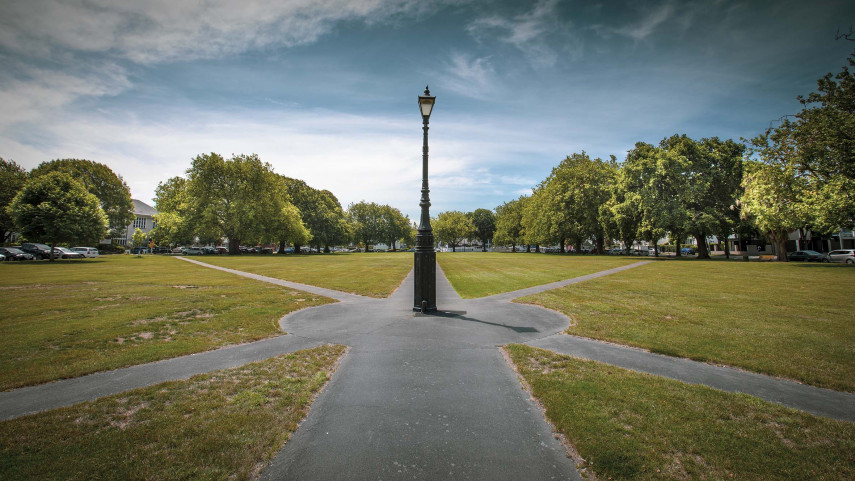
Independent review into Council protest response released

Share this story
Christchurch City Council has released the independent review into its response to protests and occupations between October 2021 and April 2022.
Read the review here.
The review was conducted by Chris Hawker, who has more than 10 years’ experience leading and supporting crisis responses including earthquakes, floods, storms and wildfires.
In late 2021 and early 2022 a number of street marches, protests, gatherings and occupations took place in Christchurch in response to the Government’s COVID-19 restrictions and other matters.
The most significant disruption was caused by a protest camp established in Cranmer Square from 14 February to 9 March. This occurred at the same time as similar camps in other parts of New Zealand, including the Parliament occupation in Wellington. There were also two smaller occupations in Latimer Square and the Residential Red Zone. All Christchurch occupations concluded peacefully.
After the protests, the Council commissioned an independent review to consider what worked well and lessons that can be learnt from the response, to inform future situations.
“The protest marches, gatherings and occupations were complex and presented significant challenges to the Council,” says Council General Manager Infrastructure, Planning and Regulatory Services Jane Davis.
“The review found that most of the actions we took as a Council were appropriate, but there are some things we could have done differently to improve our response.”
“The report acknowledged that we applied what we learnt from our management of the Cranmer Square protests to the residential red zone, with positive results for those impacted by that occupation.”
“We accept the review’s findings and are taking steps to implement the report recommendations.”
“There are five key areas we’re specifically focused on improving in future – the most important being earlier communication with those directly impacted by events.”
“We will also be establishing a standard response to unexpected events, reviewing our Bylaws, exploring the options of Reserve Management Plans for Cranmer and Latimer Squares, and looking at how we engage with protestors.”
“A standard response approach for unexpected events will make use of existing systems and processes we use in emergency situations.”
“This approach will ensure we establish communication links with impacted communities as soon as possible once an adverse situation arises,” Ms Davis says.
“We’re considering options we could take in future to incentivise protest organisers to engage with us where there is a clear reluctance to do so.”
“The ability to enforce bylaws was another key issue identified in the review. We’re going to review the relevant bylaws to explore whether they can be improved.”
“If time has taught us anything, it’s to expect the unexpected. In future we’ll have a plan and toolkit that will help us take the right actions in fast-changing and complex situations, so we can do better for our community.”
